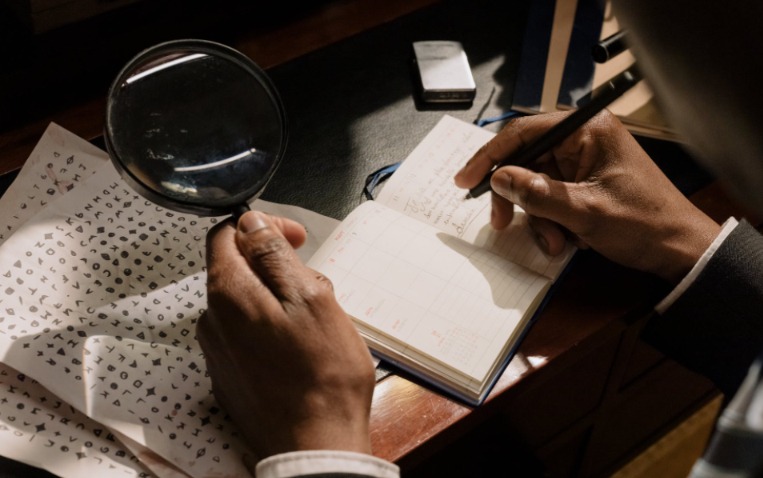Private investigation, a rather vague term, is the investigation of a case by a private individual. A private investigator, private detective or investigation agent, is someone who may be employed by people, institutions or NGOs to undertake investigative investigations on their behalf. Private investigators also work as counsellors for lawyers in criminal and civil cases. In other words, the work they do is very specialized.
In Canada, there are many private investigators working in different fields and there is no limitation to their work. They can work in the same market as detectives in the police force, the FBI, the CIA, IRS and many other similar agencies. Private investigation is also becoming a growing industry, not only in Canada but in the USA as well. Many private investigators, for example, have specialized in intellectual property related cases.
But just what does the law of private investigation states require? Generally speaking, it is up to the states to define what private investigation is and how far it is allowed to go. For example, in Canada, there is no law regulating private investigators at the federal level. States can however regulate their activities by creating licensing criteria that ensure that investigators have certain skills and experience in this field. Most states require private investigators to be licensed before they can commence employment.
Another aspect that the states require is evidence collection. Private investigators must have access to the resources of the investigating agency, such as computers and digital recording equipment. Additionally, they must have access to the person of the subject of the investigations and all relevant communications with the subjects. It is also required that investigators have a proper system of checking the validity of any information provided to them.
In some countries, private investigation may include telephonic conversations or meetings. The use of undercover agents also requires the creation of written records. Sometimes, the methods employed by private investigators may include planting secret messages or conducting surreptitious surveillance. In some countries, laws regulating telephone calls may include stipulations that mandate private investigators to reveal their clients’ identities in the course of their investigations.
Sometimes, private investigation demands the presence of an onsite supervisor. The responsibilities of the private investigator include carrying out surveillance and gathering information. If the investigation is being conducted for the purpose of litigation, then the investigator will often need to obtain judicial authorization to intercept conversations or intercept documents. Similarly, in many countries, investigators are not permitted to intercept emails, faxes or other electronic forms of communication.
There are various ways to get a degree in private investigation. A typical way is through completing a formal education program at one of the many accredited universities that offer this degree. Other programs require only a bachelor’s degree. Some colleges may also provide associate degrees or diploma programs. Often, these programs take two years to complete.
While there are several ways to pursue the investigation, there are also several requirements needed to become a private investigator. Candidates interested in pursuing a career in private investigation must be prepared to perform a background investigation, complete interviews and background checks, and obtain a license. Private investigators must have excellent writing skills and be highly skilled in computer applications. With these skills and a desire to learn, a career in private security may be the perfect fit. Private investigators must stay current with regulations related to their line of work in order to effectively serve their clients.
Private investigation is only one line of work among many available options for investigators. It can be a difficult task to choose the right path for personal growth. Most private investigators may specialize in either criminal investigation litigation, or surveillance. Each type of investigation requires specific skills in addition to a desire to educate themselves about the subject matter. To perform a successful investigation, private investigators may have to relocate, obtain new skills, and meet new work requirements.
For example, undercover investigations require knowledge of how to follow a subject through changes in his or her routine. Additionally, investigators must be familiar with various criminal defense methods such as bluffing, deceiving, and intimidating. When performing investigative techniques, it is important to use devious and tactful tactics to expose the lies and deception of your target.
Sometimes it may include interviewing people who are either familiar with your target or are somehow connected to him or her in some way. You can also hire detectives or former agents to gather information on people you feel are not trustworthy. Private investigators can also utilize computers and other tools to gather information on businesses, corporations, and the homes and offices of individuals and businesses. For many businesses, computer forensics professionals are hired to conduct reverse searches and to gather information regarding the inner workings of a business.


